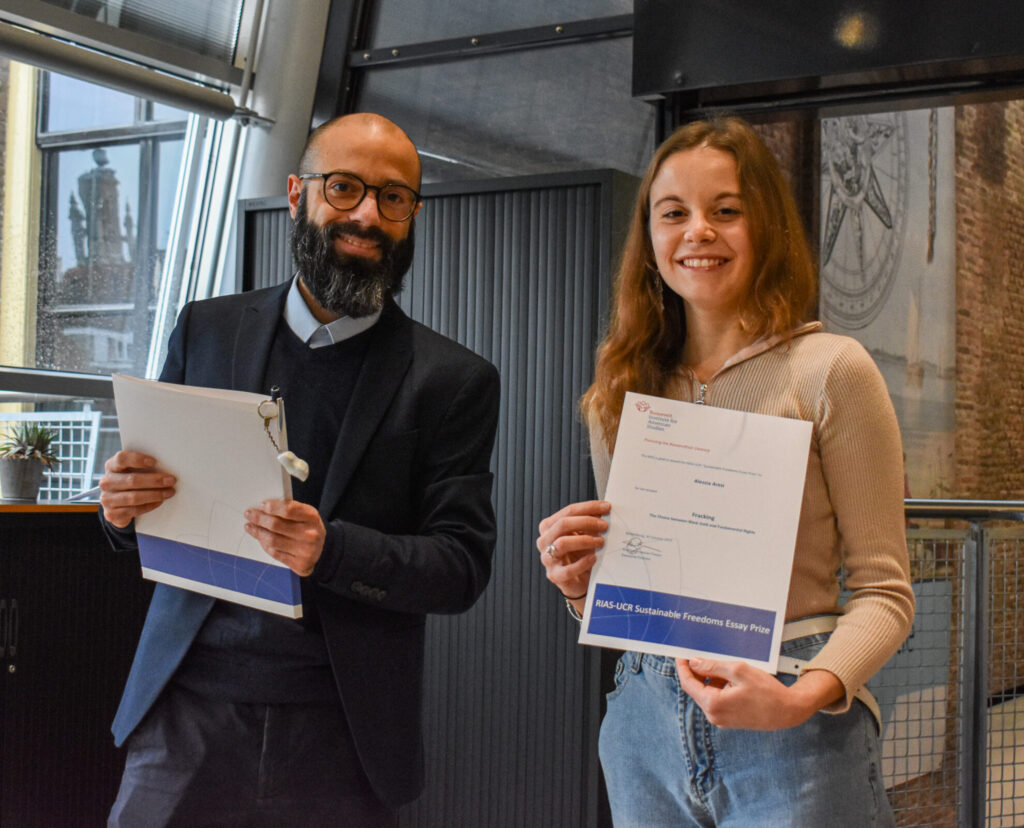The RIAS is pleased to offer the fourth annual “Sustainable Freedoms Essay Prize” to a UCR student for the best essay on an issue that connects environmental issues to human rights. The essay should be roughly between 6,000-8,000 words (including title page and literature references), and may consist of a stand-alone paper or a term paper written for a specific UCR course.
The three Roosevelts who helped shape the course of American and world history in the 20th century—Theodore, Franklin, and Eleanor—left strong legacies on issues concerning conservationism; environmental protection; national parks and forests; and human rights. In the political ideology of the Roosevelts, environmental issues were inextricably linked to human rights. Sustainable natural resources, they argued, provide the very foundations for collective welfare, peace, and democracy.
Link to human rights
This view has only grown in importance in the present day. The United Nations Office of the High Commissioner for Human Rights now explicitly links environment issues to human rights, warning that “unsustainable, wasteful growth patterns increase environmental degradation and accelerate climate change, generating effects that harm health, access to water and sanitation, food, housing and land rights, and endanger life.” The UN calls upon local and national governments around the world to implement environmental policies that “respect, protect and fulfil human rights, guaranteeing those affected access to information, decision-making, public participation and remedies.”
Topic is open
The RIAS invites UCR students to explore the interconnections between environmental sustainability and human rights in any facet, from the free speech and legal protections of scientists and environmental activists; to the participation of disenfranchised communities in political decision-making regarding (ab)use of land and water; to the healthcare rights of people impacted by environmental waste. The specific topic is completely open and may deal with either historical or contemporary issues in any region or time period. The “environment” may be broadly defined and include lived spaces.
Submit
Essays for consideration should be submitted directly to the RIAS at da.pargas@roosevelt.nl by Friday, 7 June 2024. Besides the respect of both the UCR and the RIAS, the winner will also receive a prize of €500 as well as a certificate, to be awarded at a special ceremony (date to be announced in accordance with the winner).
For more information, please contact your UCR instructor or the RIAS at info@roosevelt.nl.




